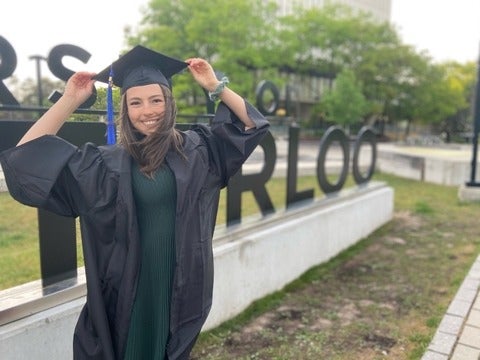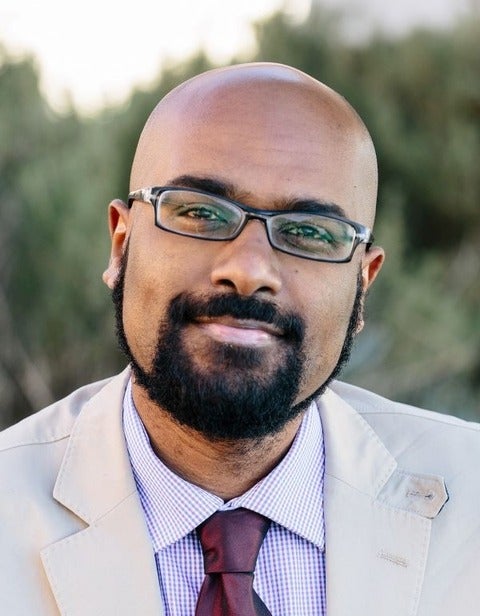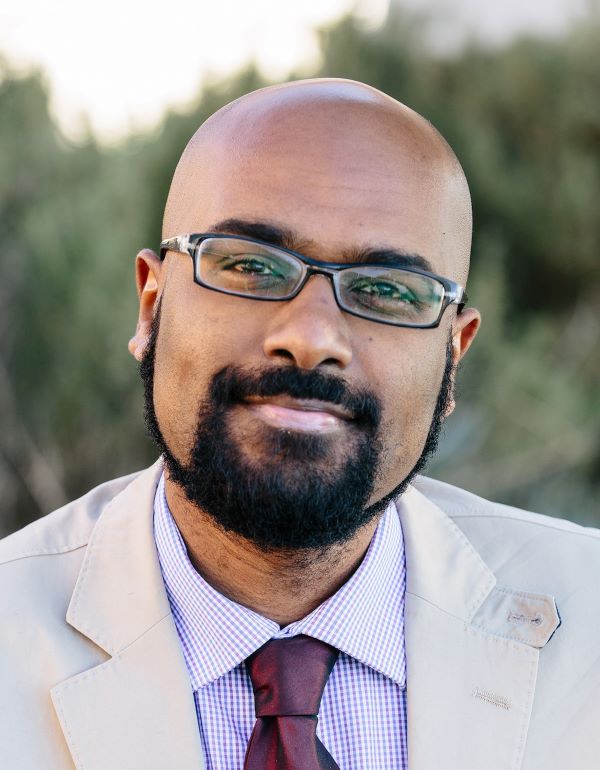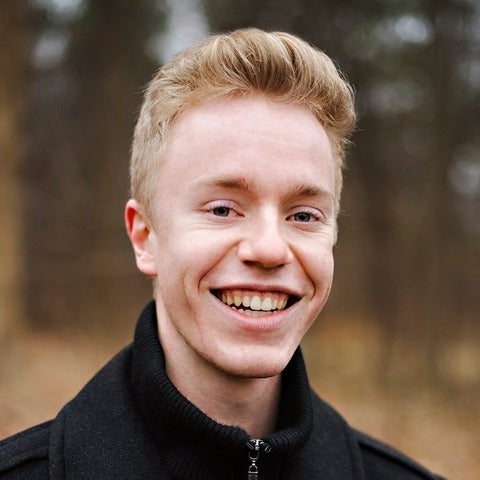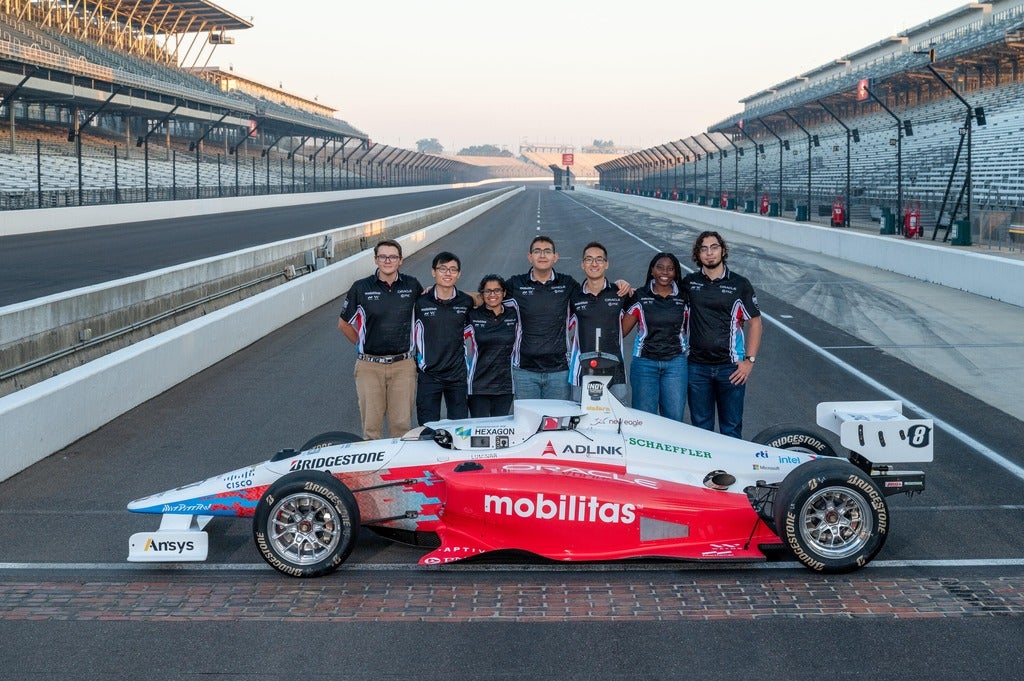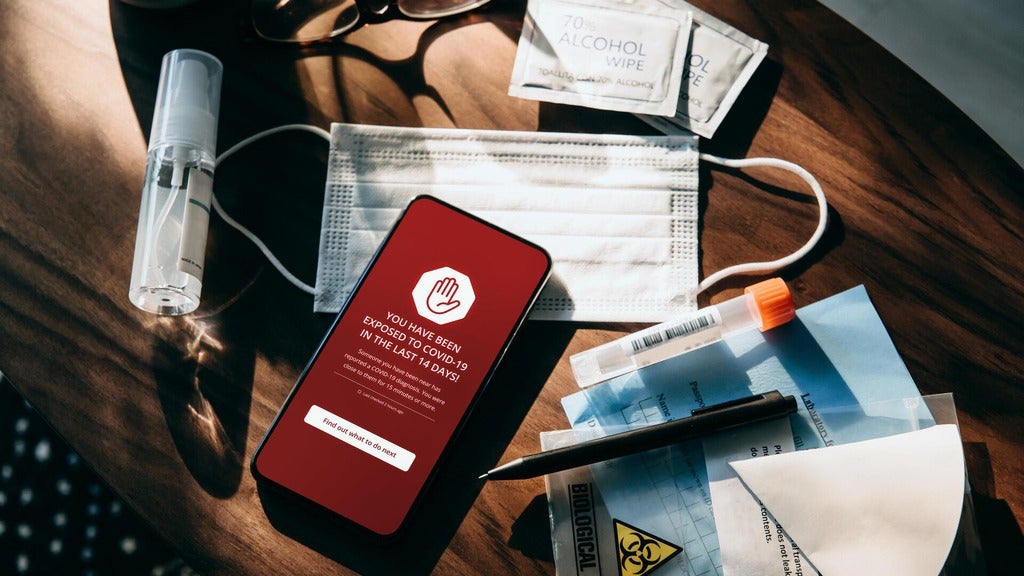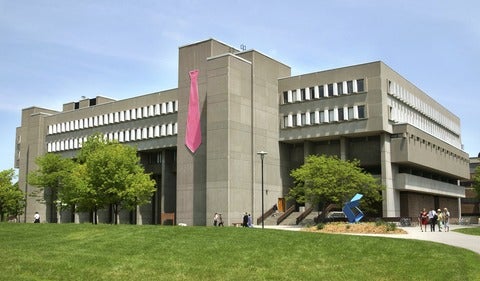Applied mathematicians developing AI that can predict virus mutations
A team of applied mathematicians at the University of Waterloo have developed a new method that uses artificial intelligence to foresee the most likely mutations of pathogens like SARS-COV-2, the virus that causes COVID-19.
The new research has implications for the rapid development of vaccines, treatments and diagnostic tests that would be much less likely to be impacted by new or emerging variants of concern.

